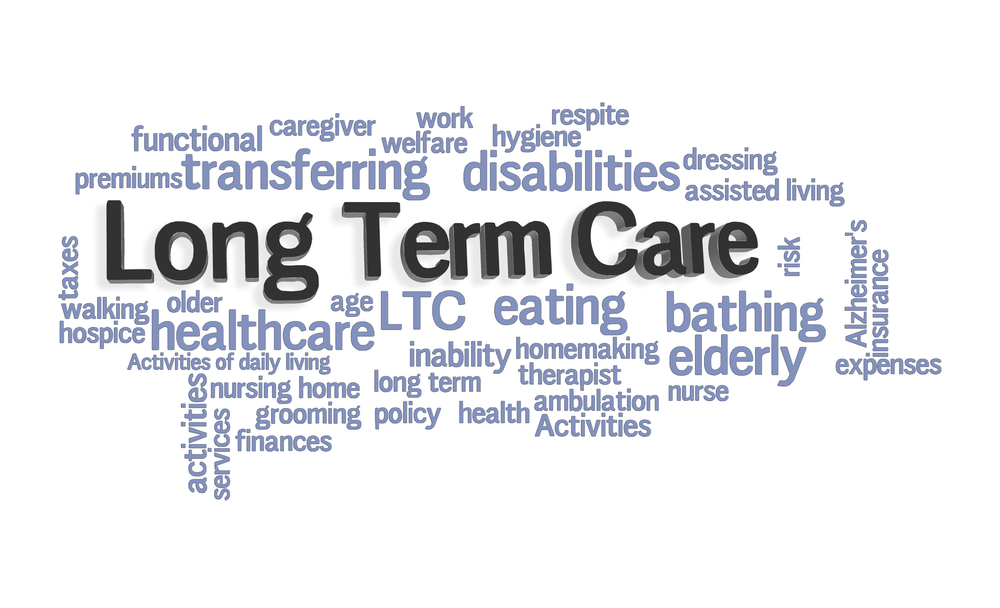More people today recognize the potential impact of long-term care because most children of baby boomers have experienced it first hand by helping their loved ones with medical issues associated with aging.

However, these children should also be careful to incorporate potential planning sources for long term care in their own estate plan. The Genworth Cost of Care Survey in 2018 found that a private nursing home’s average cost will run your over $100,000 per year.
Given that the National Care Planning Council says that the average stay in a nursing home is 835 days, you need to be prepared for how expensive this could be if you were to have one long term care event. Considering that the US Department of Health and Human Services says that 7 out of 10 people will require some form of long-term care in their lifetimes, you need to be thinking about whether or not you can afford to self-fund.
Those who have taken no other action to prepare for long term care, such as consulting with an estate planning attorney about Medicaid or purchasing a long-term care insurance policy, are essentially set up to fund their own long-term care if it were needed.
If you’re not sure what your next step is in crafting a Medicaid plan, you don’t have to do it alone. Sitting down with a lawyer can present you with options and give you a set of next steps.

















